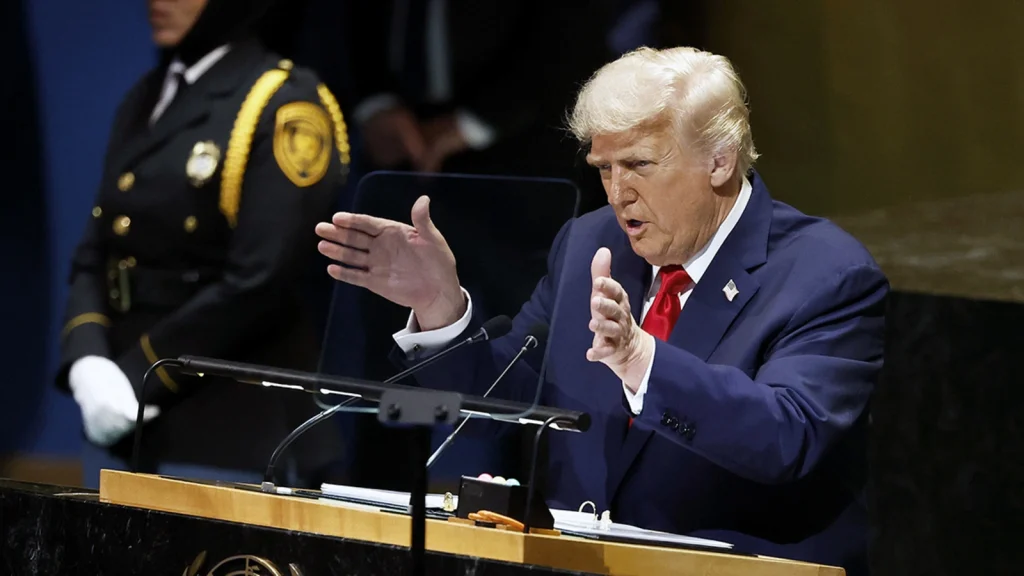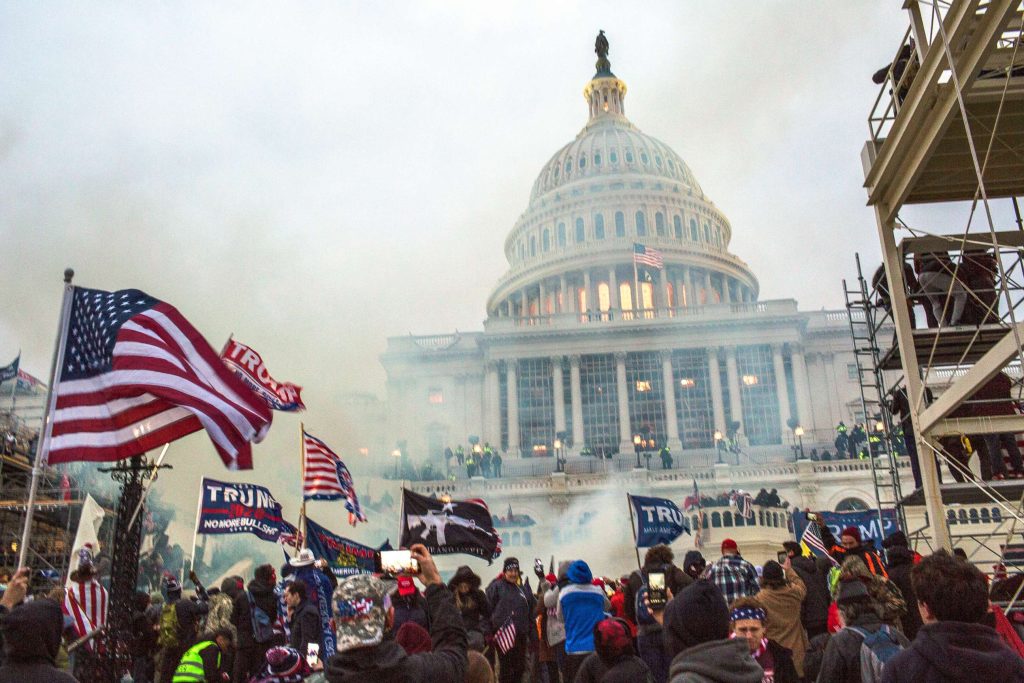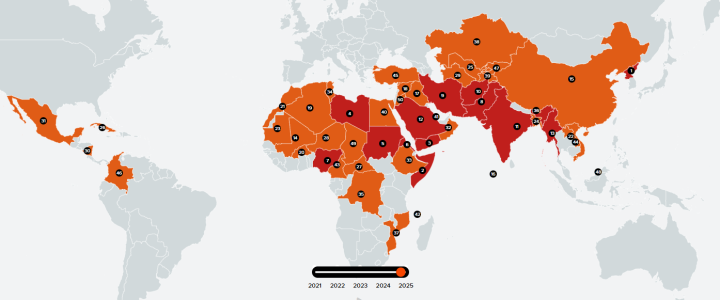
“These are the two things I got from the United Nations, a bad escalator and a bad teleprompter. Thank you very much.”
President Trump’s opening remarks at the UN General Assembly might have drawn chuckles, but they captured something profound about the state of international institutions and the media’s reluctance to ask hard questions about their effectiveness. In an era where global bodies wield enormous influence over policy and public discourse, Trump’s blunt assessment serves as a crucial reminder of why journalism must remain willing to challenge established authorities, even when those questions make us uncomfortable.
The Uncomfortable Questions Media Won't Ask
Trump’s characterization of the UN as an organization that writes “really strongly worded letters” but never follows up with action cuts to the heart of a fundamental media failure. When was the last time you saw a major news outlet systematically examine the UN’s actual track record on its core mission of maintaining international peace and security? When was the last time someone questioned the use and the effectiveness of the UN, and whether they actually deliver intangible results?
Consider the glaring absence that Trump highlighted: Trump boasted how he, and not the UN, has been a key player in settling global conflicts. Whether one agrees with Trump’s specific claims or not, this raises a critical question that journalists should be investigating: Why wasn’t the UN, the organization explicitly created to facilitate peace, at the center of recent diplomatic breakthroughs?
The Peace-Making Vacuum
The UN’s founding charter commits it to “maintain international peace and security,” yet where has this organization been in facilitating the major peace agreements and conflict resolutions of recent years? When direct negotiations between world leaders produce results, why do we consistently see bilateral diplomacy succeeding where multilateral UN frameworks have failed? When has the UN actually achieved peace? Not taken the side of those who claim to be the victim in conflict, but actually delivers peace?
These aren’t partisan questions, they’re fundamental inquiries about institutional effectiveness that transcend political ideology. Yet mainstream media coverage typically treats UN resolutions and statements as inherently legitimate and meaningful, rarely examining whether these actions produce tangible improvements in people’s lives.
The Media's Missing Role
Too often, media coverage treats international institutions as beyond criticism, reporting their statements and resolutions as inherently newsworthy without examining their real-world impact. This deference undermines journalism’s core function and ultimately disserves the public interest. As the right course and the path of justice never questioning its efficiency and strategicness over time.
The health of democratic discourse depends on having voices that refuse to accept institutional authority as a substitute for evidence, results, and accountability. Whether those voices come from political leaders, journalists, or civil society, they serve an essential function in maintaining the legitimacy of our international systems.
This is why we have introduced the Media Values Foundation, to point out flaws, and double standards in journalism with an aim to return to objective and investigative journalism that demands more accountability from our institutions, ensuring that press freedom means the freedom to challenge all forms of authority, regardless of how noble their stated missions may be.



Can’t wait to see the positive impact this will have on operational workflows and client experiences!